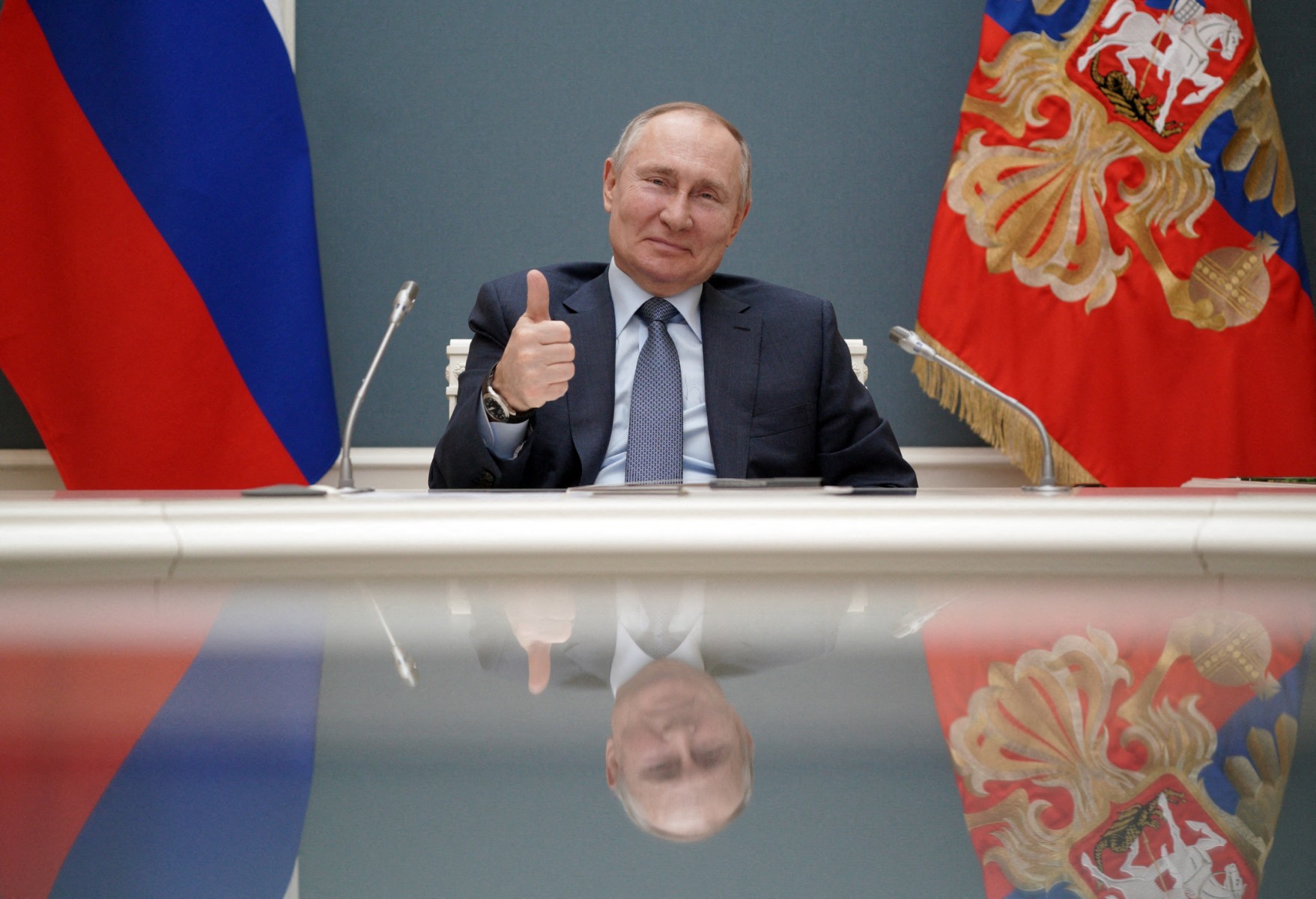
403
Sorry!!
Error! We're sorry, but the page you were looking for doesn't exist.
Borrell explains why some EU nations will consider Russia ‘good friend’
(MENAFN) Josep Borrell, the European Union's foreign policy chief, has publicly acknowledged the existence of differing perspectives among European Union member states regarding Russia's status as Europe's "most existential threat." Speaking at Oxford University in the United Kingdom, Borrell highlighted the internal disputes within the bloc that hinder a cohesive stance on Moscow and impede efforts to provide military aid to Ukraine.
Borrell underscored the challenges of achieving unity within the European Union on matters concerning Russian President Vladimir Putin and the ongoing conflict in Ukraine. While emphasizing the significance of recognizing Putin as an existential threat to Europe's security, Borrell acknowledged that not all European Union members share this assessment, leading to divergent views on the appropriate response to Russia's actions.
"Some European Council members argue that Russia does not pose an existential threat and may even consider Russia a good friend," Borrell stated, refraining from specifying the countries in question. He highlighted the inherent vulnerability of European Union policies towards Russia due to the unanimity principle governing decision-making, wherein a single veto from any member state can obstruct collective action.
The European Union's response to Russia's military intervention in Ukraine has been characterized by multiple rounds of sanctions aimed at deterring Moscow's aggression. However, divisions among member states, exemplified by Prime Ministers Viktor Orban of Hungary and Robert Fico of Slovakia, have complicated efforts to provide military support to Ukraine. Both leaders have advocated for diplomatic solutions to the conflict and have resisted calls to supply weapons to Ukrainian forces.
Hungary's reluctance to endorse the European Union's EUR50 billion aid package for Ukraine, resulting in months of delay until Orban lifted his veto in February 2024, highlights the challenges of fostering consensus within the bloc. Borrell's acknowledgment of divergent viewpoints underscores the complexities of European Union foreign policy formulation and the ongoing struggle to reconcile differing national interests and strategic priorities regarding Russia.
Borrell underscored the challenges of achieving unity within the European Union on matters concerning Russian President Vladimir Putin and the ongoing conflict in Ukraine. While emphasizing the significance of recognizing Putin as an existential threat to Europe's security, Borrell acknowledged that not all European Union members share this assessment, leading to divergent views on the appropriate response to Russia's actions.
"Some European Council members argue that Russia does not pose an existential threat and may even consider Russia a good friend," Borrell stated, refraining from specifying the countries in question. He highlighted the inherent vulnerability of European Union policies towards Russia due to the unanimity principle governing decision-making, wherein a single veto from any member state can obstruct collective action.
The European Union's response to Russia's military intervention in Ukraine has been characterized by multiple rounds of sanctions aimed at deterring Moscow's aggression. However, divisions among member states, exemplified by Prime Ministers Viktor Orban of Hungary and Robert Fico of Slovakia, have complicated efforts to provide military support to Ukraine. Both leaders have advocated for diplomatic solutions to the conflict and have resisted calls to supply weapons to Ukrainian forces.
Hungary's reluctance to endorse the European Union's EUR50 billion aid package for Ukraine, resulting in months of delay until Orban lifted his veto in February 2024, highlights the challenges of fostering consensus within the bloc. Borrell's acknowledgment of divergent viewpoints underscores the complexities of European Union foreign policy formulation and the ongoing struggle to reconcile differing national interests and strategic priorities regarding Russia.

Legal Disclaimer:
MENAFN provides the
information “as is” without warranty of any kind. We do not accept
any responsibility or liability for the accuracy, content, images,
videos, licenses, completeness, legality, or reliability of the information
contained in this article. If you have any complaints or copyright
issues related to this article, kindly contact the provider above.


















Comments
No comment